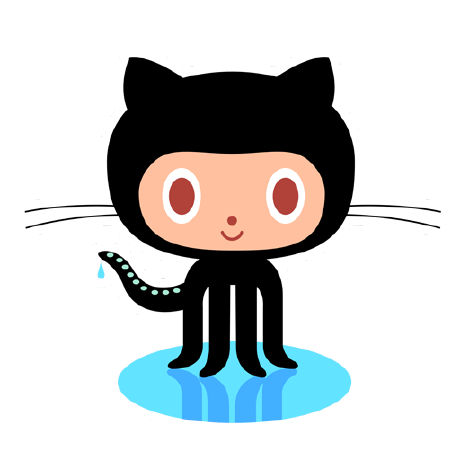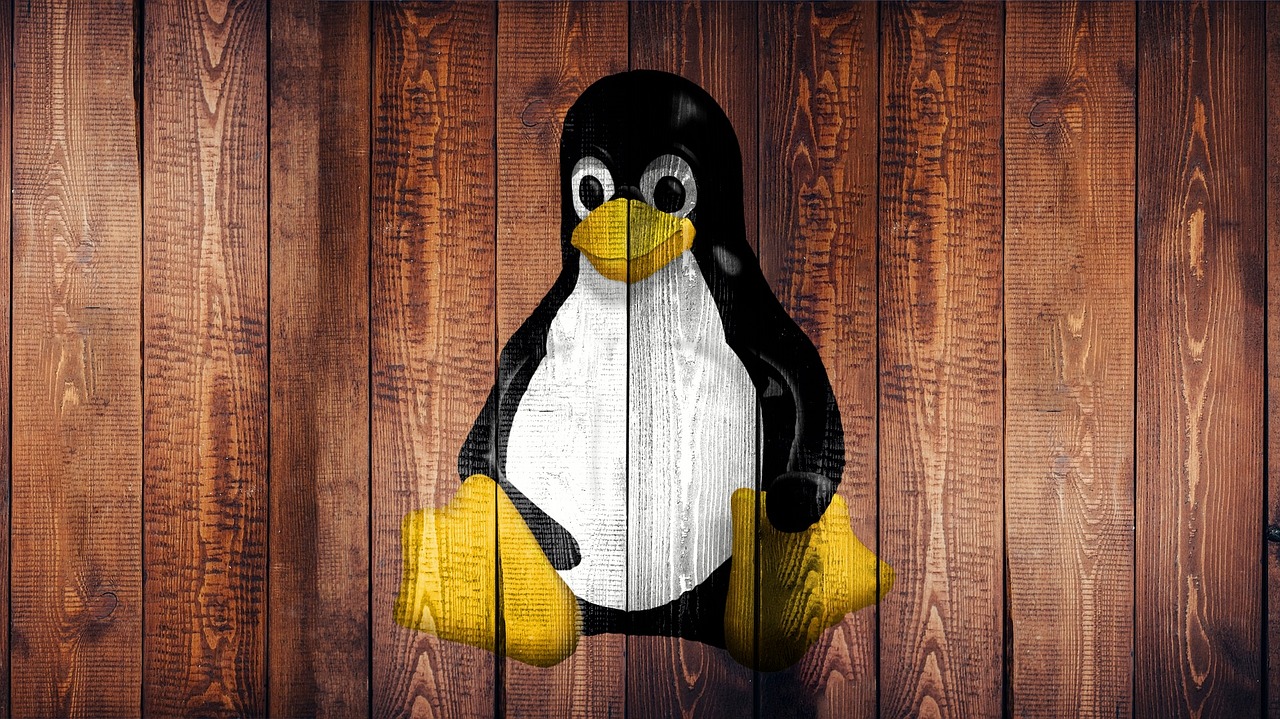Discovering Linux: A Brief Overview and History
 Amit Patnaik
Amit Patnaik
🐧 What is Linux?
Linux is an Operating system and its core is just a KERNEL. It talks to the hardware and makes the hardware work.
Linux was developed as a free and open-source alternative to the UNIX operating system, which was originally designed for more powerful computers and was costly at the time.
NOTE: Linux was inspired by UNIX, but it is not UNIX.
While UNIX served as a source of inspiration for Linux's design and philosophy, Linux was developed from scratch as a separate and independent operating system.
🌟The Birth of Linux
It was a sunny day in August 1991 when a 20-year-old computer science student named Linus Torvalds sat down at his computer. He typed up a message that would later become one of the most famous posts in computer history. He wrote:
"Hey everyone! I'm working on a free operating system as a hobby. It's not going to be anything big or professional like GNU, but I'm having fun with it. It might only support AT-hard disks since that's all I have, but I'm excited to see where it goes!"
🤝An Open Invitation to Collaboration
Word of Linux open-source projects quickly spread worldwide and developers from all over the world contributed their code. Linus named his OS kernel Linux and shows a penguin as its mascot after a little incident at the zoo.
The Linux kernel, combined with the GPL( General Public License ) and other GNU components, revolutionized the computer industry by granting users the fundamental freedom to utilize the software for any purpose.
💥Linux's Impact on the Computing Industry
The combination of the Linux kernel, GPL, and GNU components has led to a culture of openness, transparency, collaboration, and innovation. This has allowed users to study and trust the software, fostered a strong community of developers and users, and provided customization and flexibility for various applications.
🚀Unleashing the Power of Open Source
The success and impact of the Linux kernel, along with the GPL license, have inspired the growth of the broader open-source movement. Numerous open-source projects and communities have emerged, sharing similar principles and driving innovation across various domains.
🎉Conclusion
In conclusion, Linux has revolutionized the computing industry by providing a free, open-source alternative to proprietary operating systems. Its creation sparked a movement towards openness, collaboration, and innovation, inspiring the growth of numerous open-source projects and communities. Today, Linux continues to be a driving force in the world of technology, empowering users and developers to explore, create, and customize software to suit their needs.
Subscribe to my newsletter
Read articles from Amit Patnaik directly inside your inbox. Subscribe to the newsletter, and don't miss out.
Written by
